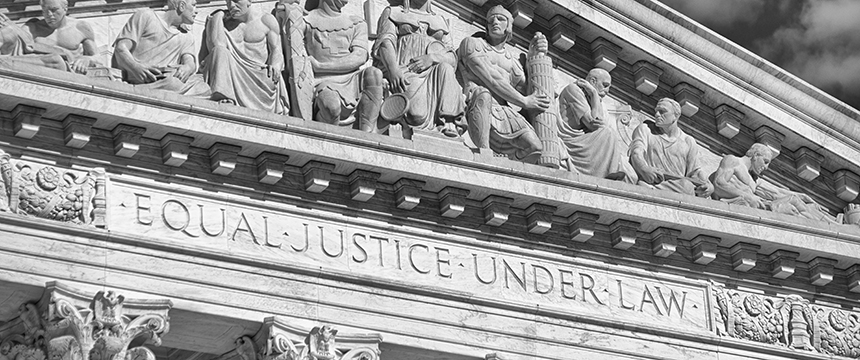
On June 3, 2019, the U.S. Supreme Court issued a unanimous decision, written by Justice Ginsberg, that filing an EEOC Charge is not “jurisdictional.” Fort Bend County, Texas v. Davis, No. 18-525 (June 3, 2019).
This opinion, in the Fort Bend County, Texas v. Davis case is being hailed as a significant development in the employment law arena. However, what this case really means for employers defending discrimination lawsuits requires a careful reading of the decision and understanding of the term “jurisdictional.”
In Davis, the plaintiff filed an EEOC charge alleging that she had been retaliated against for complaining of harassment against her former employer, Fort Bend County. Her charge did not assert religious discrimination. Instead, while she alluded to religious discrimination in her EEOC intake questionnaire, the claims of religious discrimination were not apparent in the official charge document.
Davis subsequently pursued her claims of religious discrimination and harassment in federal court. Fort Bend moved for summary judgment on the substantive allegations, seeking a dismissal of those claims. The Fifth Circuit affirmed as to her harassment claims but reversed on her religious based discrimination claim. On remand back to the district court, Fort Bend moved to dismiss and asserted for the first time that the district court lacked jurisdiction to consider the religious discrimination claim because Davis failed to exhaust her obligation to file a charge on that claim with the EEOC.
The district court granted the motion to dismiss, but the Court of Appeals for the Fifth Circuit reversed because Fort Bend failed to timely raise the issue. The appeals court concluded that filing a charge is not jurisdictional but a procedural prerequisite to filing a lawsuit.
In its June 3, 2019 opinion, the Supreme Court agreed and found that the obligation to file a charge is part of a plaintiff’s procedural obligations but not a jurisdictional requirement.
What does this mean? Employers cannot wait to raise failure to exhaust administrative remedies in litigation. Employers should plead this as an affirmative defense and move for dismissal of the case at the first opportunity, rather than waiting until some later stage of the litigation.
More important is what this holding does NOT mean: Employers may hear that this ruling eliminates an individual’s obligation to file a charge. Such an interpretation is incorrect. Plaintiffs cannot now simply go to court and bypass the whole administrative process, but they can take advantage of an employer’s failure to raise this issue in a timely manner.
